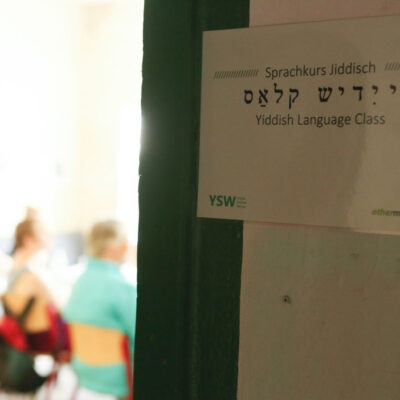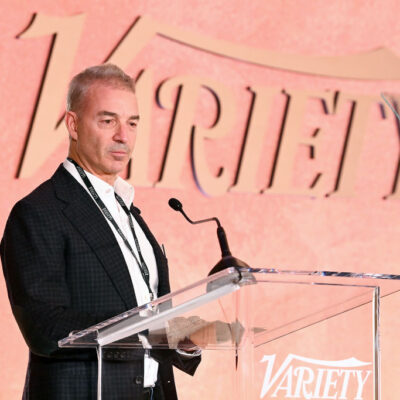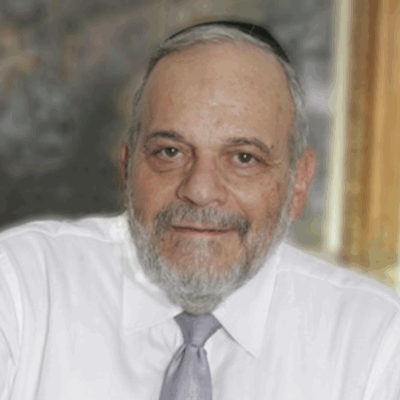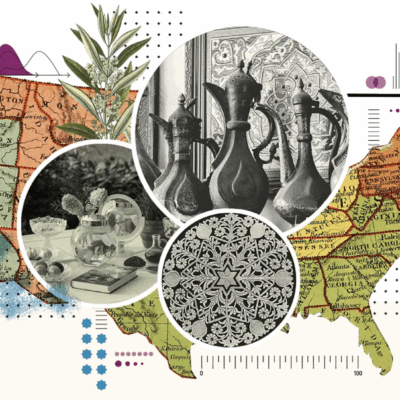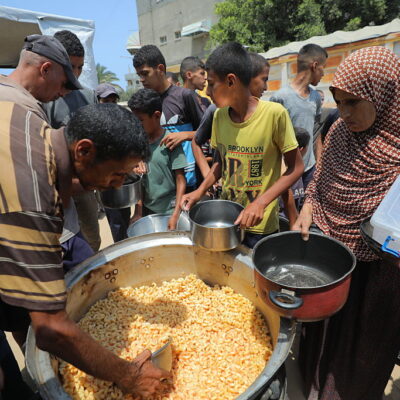Opinion
MANTRAS FOR THE MOMENT
For now, give until it feels less bad
When I first began working in the Jewish community as a fundraiser, we were taught the expression that people should “give until it hurts.” Essentially, a capacity gift ought to involve sacrifice — one fewer latte, one less dinner out with friends or, in the case of the wealthy, one fewer luxury item.
Oh, the stories from back in the day! There are tales from the Six-Day War of emergency fundraising appeals where boardroom doors were locked and only opened once individuals made pledges deemed appropriate by the chair. Friendships were made and lost, business won and lost, based on whether or not a person was perceived to have made a true capacity gift — one that involved meaningful sacrifice. While some questioned the methods, the results were clear: Jewish communities were built, and Israel was supported.

In subsequent years, this mantra shifted to “Give until it feels good — really good.” This is why fundraisers were taught phrases such as, “I have an opportunity for you to make a real difference” or “This is your chance to help.” The idea was that a donor’s gift could be part of something larger, and that people should feel inspired, even joyful, about the impact of their generosity. This shift transformed fundraising from a sprint into a marathon. Relationships were valued more deeply and became less transactional, as fundraisers searched for meaningful ways to engage donors. Arms were twisted a little less, and partnership and shared vision were emphasized.
As the CEO of Ben-Gurion University Canada, compelled to launch an emergency campaign after Iranian missiles caused an estimated $40 million in widespread destruction on our campus, I have been reflecting on what our mantra ought to be today. All of us are deeply pained by the Oct. 7 attacks by the fact that 50 hostages remain in brutal Hamas captivity, abandoned to this horror by a seemingly uncaring world. Diaspora Jews were glued to the news as we watched the devastation caused by Iranian missile strikes unfold in real time. It felt like we held our collective breath for 12 long days as we worried about our Israeli brothers and sisters in shelters.
We are also deeply concerned — and frightened — by the antisemitism that has found fertile ground in our own countries, as well as the actions and inactions of governments around the globe. Every day, social media carries stories of Jews being threatened and physically assaulted. Synagogues and Jewish schools are targeted with hateful words, bullets, and firebombs. The sense of vulnerability is constant and overwhelming.
Every day, the news is dire, and we are constrained in the ways we can help and effect change.
We can attend hostage rallies, wear yellow pins and dog tags for the hostages, meet with politicians, write letters, be active on social media, and bear witness to the testimony of former hostages and Nova music festival survivors. And many of us write checks — lots and lots of checks, some with many zeroes. In fact, the Israeli government estimates that since Oct. 7, 2023, Jews in the Diaspora contributed $1.4 billion towards recovery efforts and resiliency (and this figure is from before the war with Iran).
In thinking through the pain we are all carrying, I believe the new fundraising mantra ought to be: “Give until it feels less bad.” This reflects both our generosity and our agony, and it acknowledges our limited options to be impactful. In the days after the Oct. 7 attacks, when I served as CEO of the Jewish Federation of Ottawa, I recall the tears in donors’ eyes as they made pledges. One donor’s exact words were: “I am too old to fight. I am too old to go and help harvest the fields in Israel. But what I can do is write a check.”
That sentiment captures the moment we are living in. We give not because it feels good, but because we care deeply, and this is what we can do.
And yet, I hope and pray for the day when we can return to that older mantra: to “give until it feels good.” The day when our giving is once again rooted not in anguish, but in joy, renewal and hope.
Andrea Freedman is the CEO of Ben-Gurion University Canada and a lifelong fundraiser for the Jewish community and Israel.

